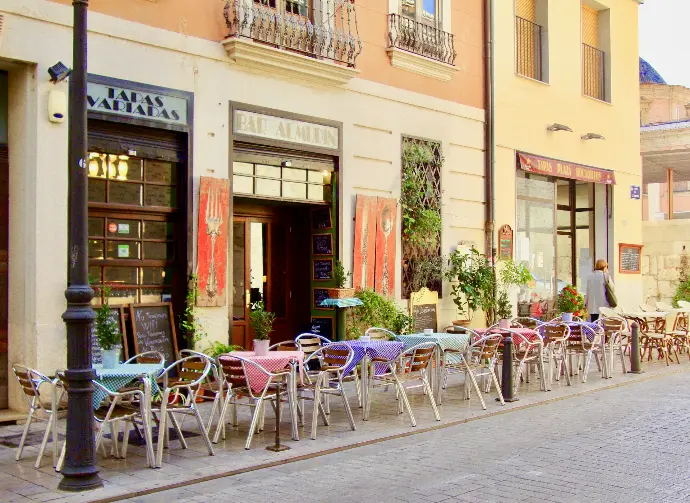Although studying abroad is very challenging for many students, it is often a life-changing experience that brings many positive benefits. Some of the most important things you should bring to Spain are an open mind, and a general knowledge of the country and city in which you will study. Read about Spain, and familiarize yourself with its culture, history, geography and government before you arrive (you can find all this information in our “student information” section).
Arrival in Spain. Most students arrive in Spain by plane. Students will go through a police check (make sure they put the entry stamp on your visa) and customs. It is a good idea to change money at the airport or use the ATMs.
Once you have your luggage and have left the airport's restricted access areas, many programs meet with the group and help students get to their accommodation.
However, if you are not flying in a group, you will arrive in Spain on your own and you will need to be very well informed about how to get from the airport to your destination. Your program should give you this information. The easiest (and often the best) option is to take a taxi. Don't forget to ask for a detailed receipt and make sure you understand all the rates as some taxi drivers take advantage of jet-lagged passengers.
There are often other transportation alternatives such as buses, commuter trains or subways.
Be careful with the luggage you carry, and be cautious of possible theft.
Once you have arrived at your destination and settled in, review information related to safety and medical practices. Make sure this information answers your questions, from banking issues and cell phones to diversity issues and emotional issues. Most programs provide helpful orientation meetings to discuss these issues and help the student through the adjustment process.
Culture shock
Having an idea of your personal, academic, and career goals helps minimize the effects of culture shock. Culture shock consists of the physical and emotional difficulties that one faces when moving to another country. This shock is characterized by feelings of depression, anxiety, insecurity, irritability, insomnia and physical manifestations such as itching and allergies. Culture shock often occurs due to a lack of knowledge about the country you are living in, and especially when one has never traveled abroad before. This emotional and physical “roller coaster” typically shows five main phases:
Stages of adaptation to the Study Abroad experience
1. Honeymoon: It is the first phase in which everything is new and exciting when you arrive in a new place.
2. Culture shock: It happens when you begin to realize that you are in a different environment than the one you are used to.
3. Adaptation: You are beginning to adapt to the Spanish culture and language and you are realizing that things are not as bad as you thought when you were under the influence of culture shock.
4. Continuous problems: At this point you begin to realize that there are some aspects of the culture that you will never like or get used to..
5. Comfort: You eventually get to the point where you feel comfortable in Spain and you don't want to return home!